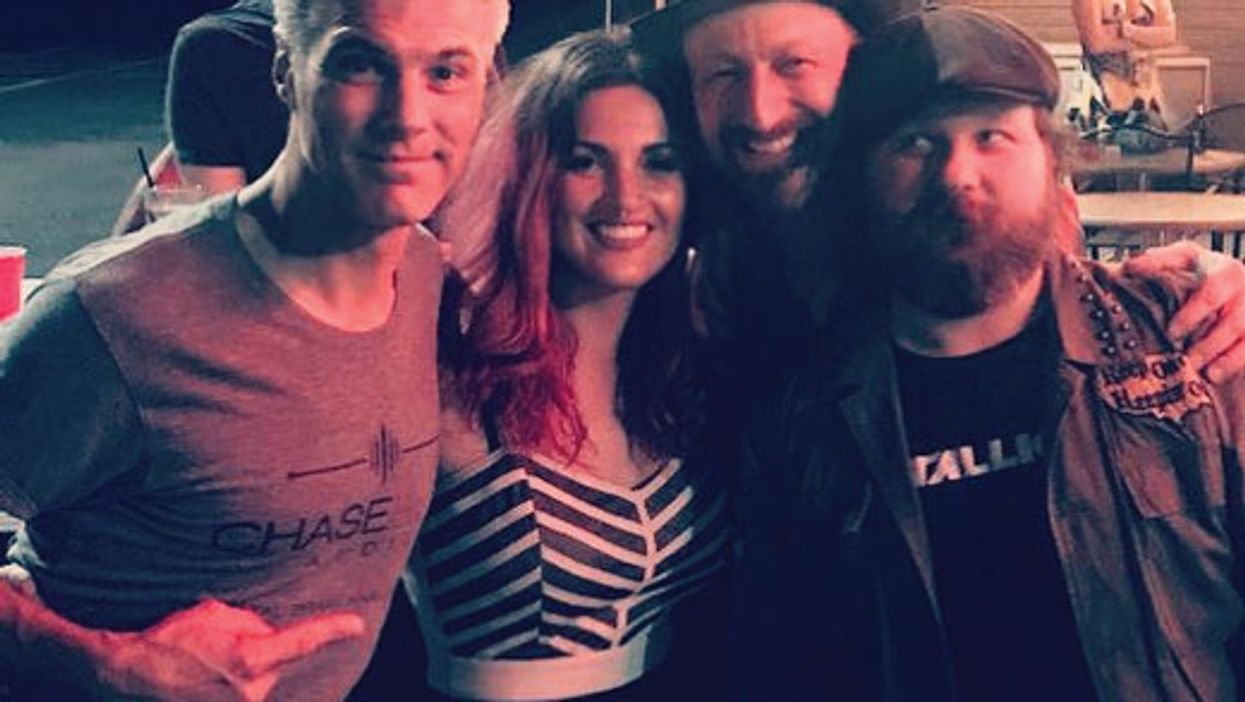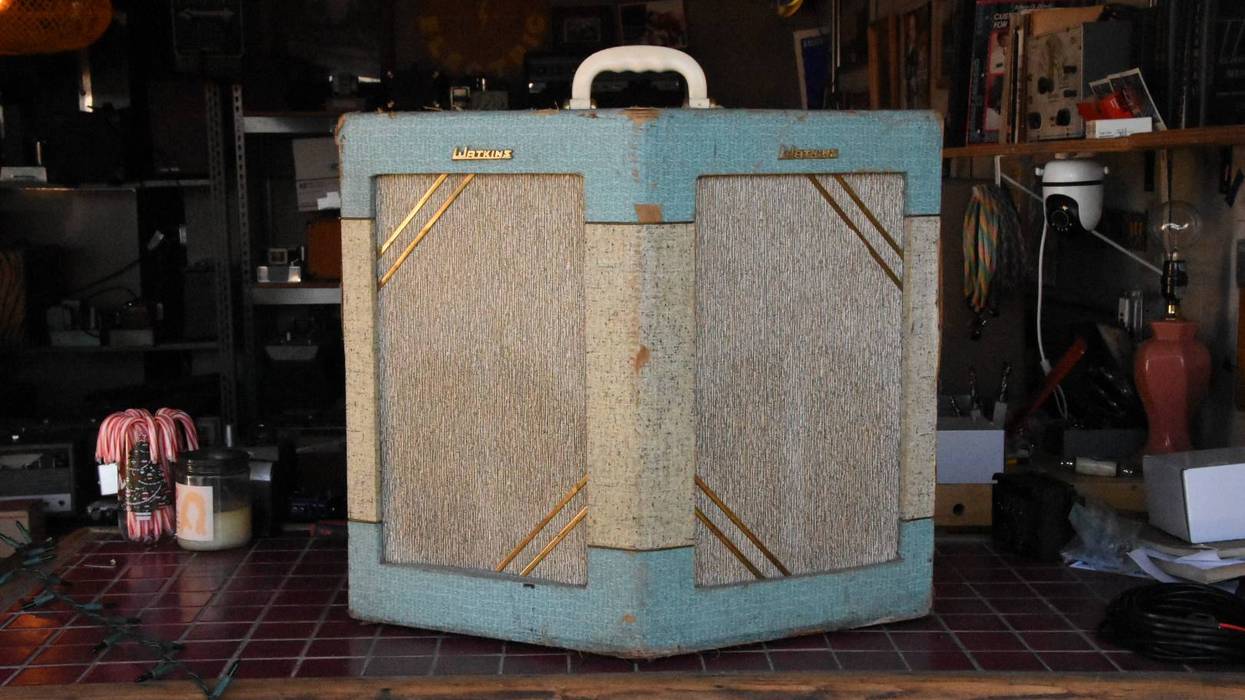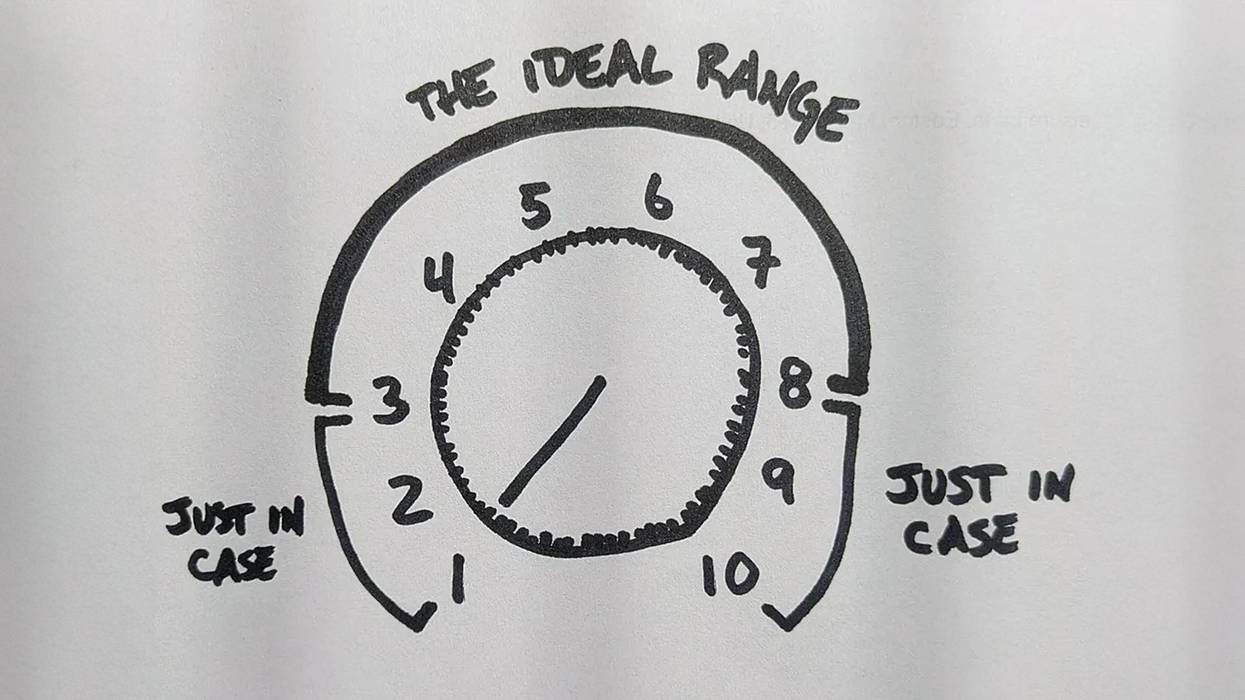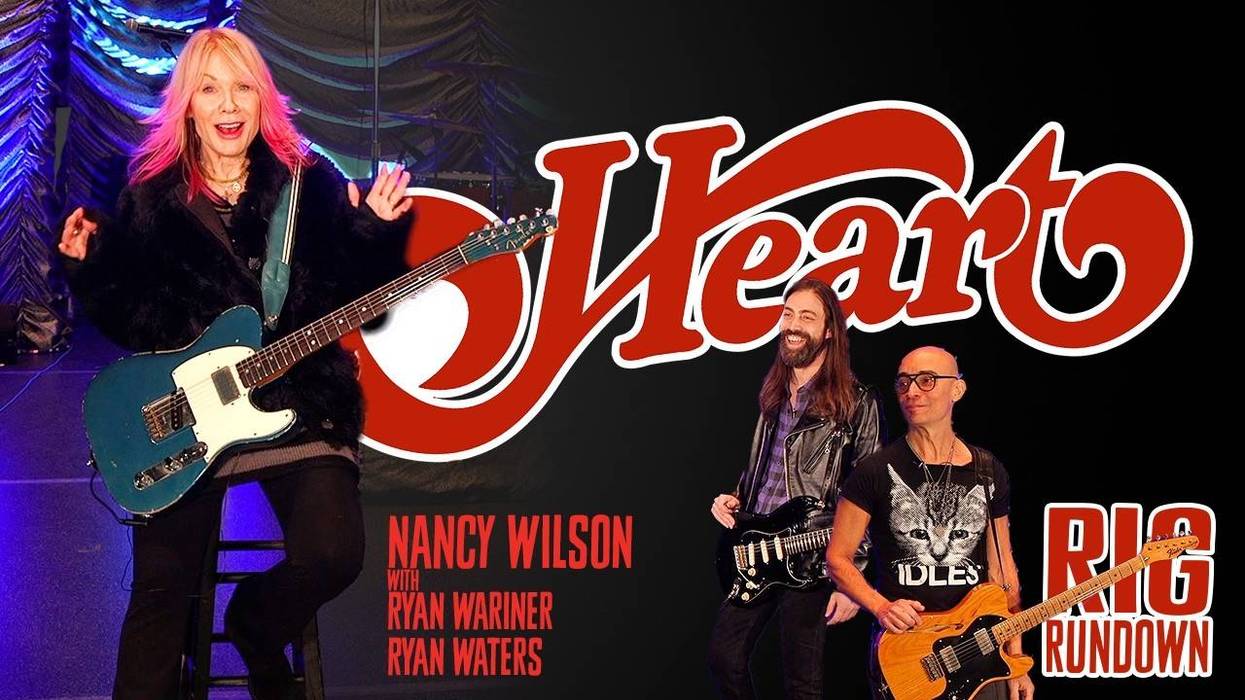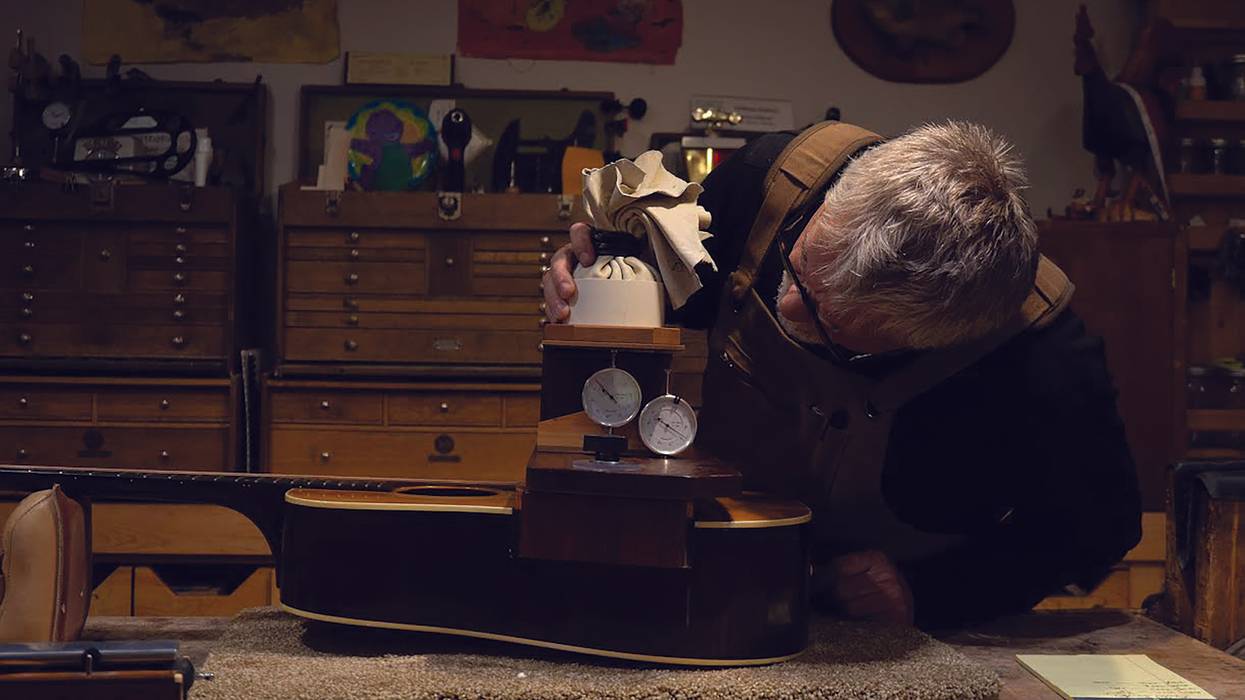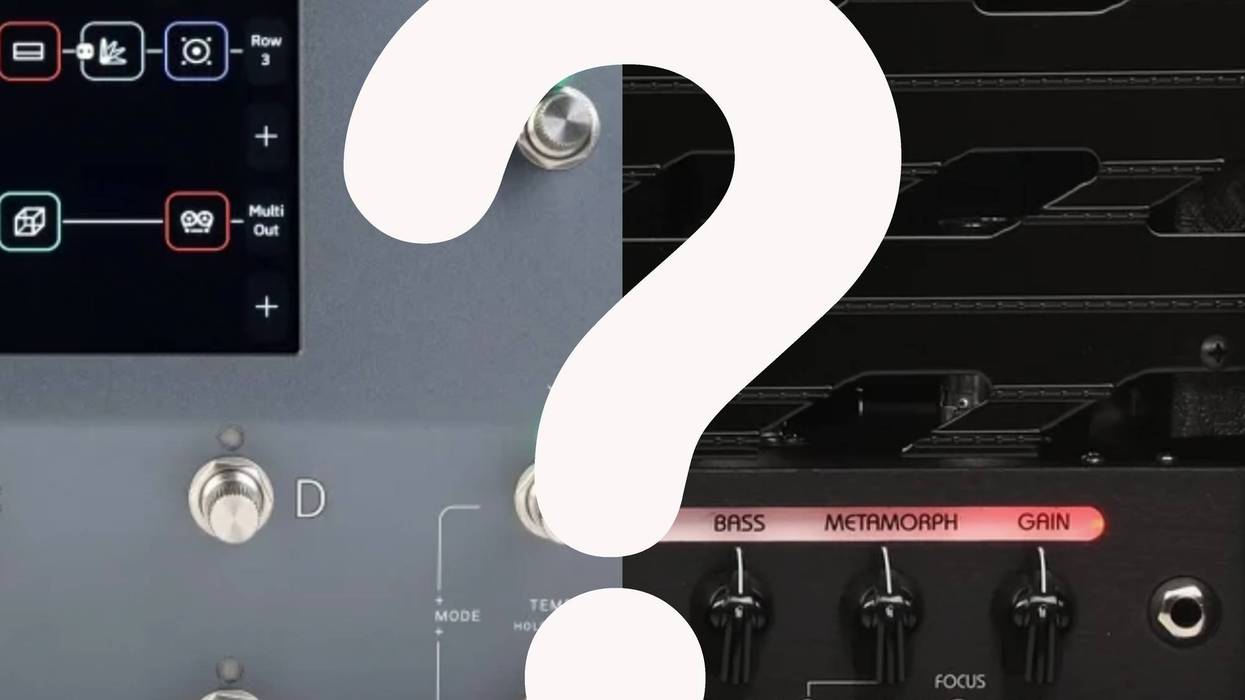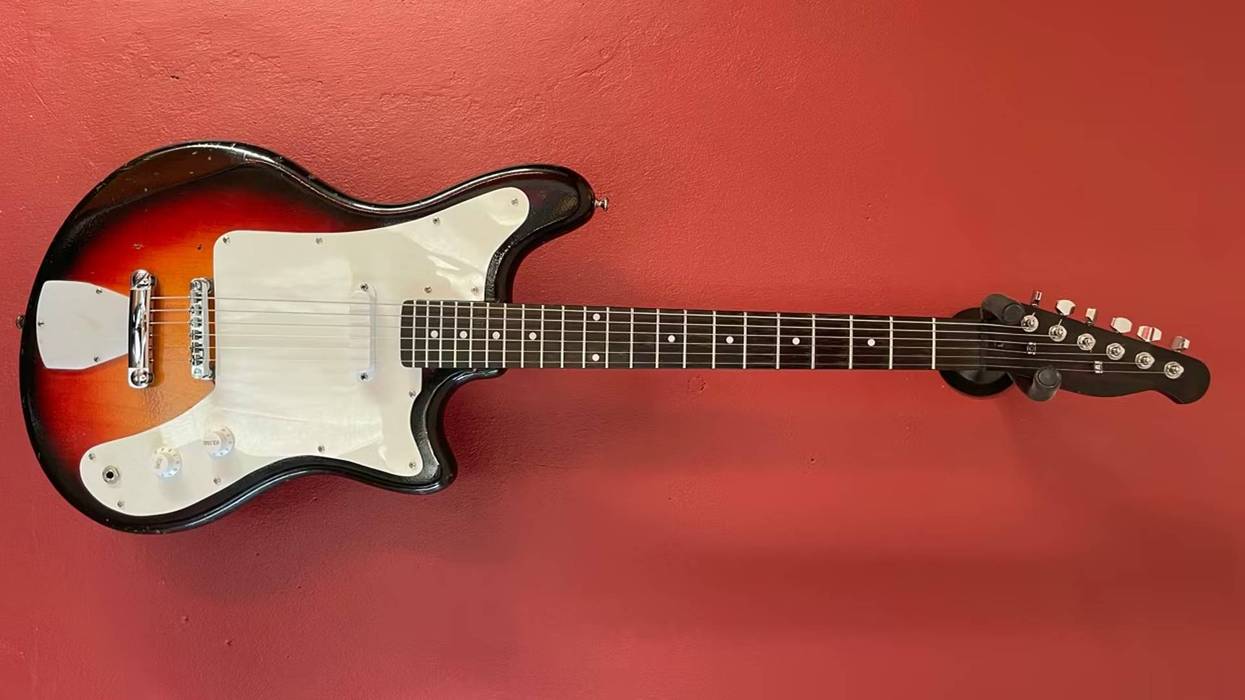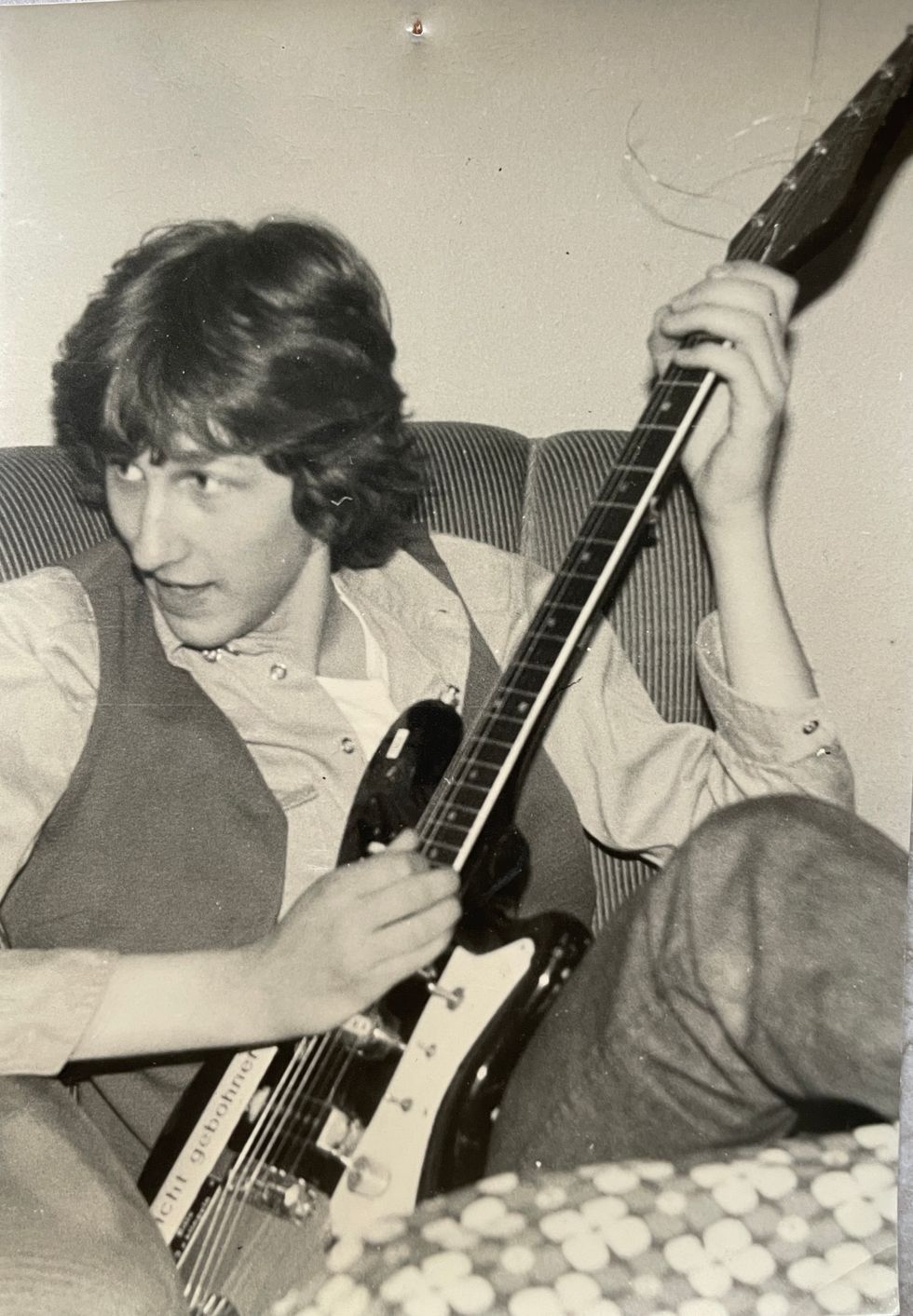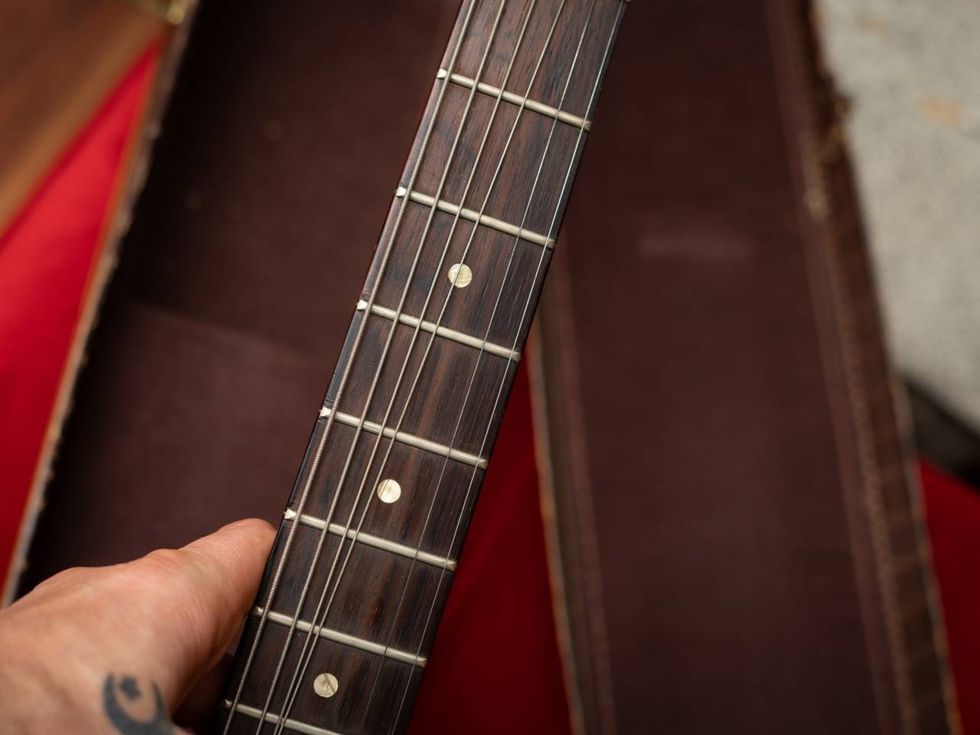Here's an observation from Nick Hornby, in his book High Fidelity: “What came first, the music or the misery? Did I listen to music because I was miserable? Or was I miserable because I listened to music? Do all those records turn you into a melancholy person? People worry about kids playing with guns, and teenagers watching violent videos. Nobody worries about kids listening to thousands—literally thousands—of songs about broken hearts and pain and misery and loss. The unhappiest people I know, romantically speaking, are the ones who like pop music the most. And I don't know whether pop music has caused this unhappiness, but I do know that they've been listening to the sad songs longer than they've been living the unhappy lives."
More than 20 years later, this chicken/egg, depression/music timeline is getting some attention in the medical field. A 2016 academic study titled “Can Music Make You Sick?," by University of Westminster researchers Sally-Anne Gross and Dr. George Musgrave, found that musicians are three times more likely to experience depression than civilians (or straights … whatever you call non-musicians). The study suggested that musicians were more likely to experience depression because of money worries, poor work conditions combined with social challenges, etc., etc., but these egghead Brits totally missed it. They mistook correlation for causation.
Sure, a career in music is going to have some frustrating, humiliating, soul crushing, depressing elements, but many jobs do. That's why you get paid to work. I can't imagine what a person feels like four hours into their normal eight-hour shift in customer service, but that's got to be far more brutal than playing music under almost any conditions. The reason 69 percent of musicians interviewed in this study have issues with depression probably has more to do with their wiring than their work.
Maybe we are drawn to music because we have some chemical or emotional glitches that make us crave solace? We turn to music as therapy because music makes us feel better, like the way depressed people may use drugs or alcohol.
A 2018 study by the Music Industry Research Association (MIRA), in partnership with the Princeton University Survey Research Center and MusiCares, confirmed that musicians not only have a higher rate of depression and suicidal thoughts; they are also four times more likely to use illegal drugs than the average American.
People in pain are looking for a fix. Some choose Prozac, some choose booze and/or drugs, some choose music—and some of us prefer a blend of all of the above (although I trust my pot dealer more than big pharma). As Rami Malek, acting as Freddie Mercury in Bohemian Rhapsody, said while standing in front of a big pile of cocaine: “Being human is a condition that requires a little anesthesia."
A 2017 study by McGill University in Montreal showed that the human brain's own opiods are directly involved in musical enjoyment. In short, the study stated, “the same chemicals in the brain that provide pleasure when people have sex or take drugs are also involved in the pleasure that comes from listening to music.
“Preliminary studies have shown that music listening and performing modulate levels of serotonin, epinephrine, dopamine, oxytocin, and prolactin. Music can reliably induce feelings of pleasure and, indeed, people consistently rank music as among the top 10 things in their lives that bring pleasure, above money, food and art."
People with emotional glitches tend to self-medicate. Music has been helping people cope since our caveperson ancestors began banging out tunes on the skulls of their rivals. Aristotle and Plato talked about the healing power of music. #MusicIsMedicine.
Some friends and I do a semi-regular gig at the Music City Bar, an authentic Nashville, old-school honky-tonk out by the Opry, where people smoke inside and everything on the menu is deep-fried, delicious, and deadly. This atmosphere is perfect for crying pedal-steel guitars and sad songs. So, we spend four hours straight playing tunes so depressing they'd bring a tear to a glass eye. Songs so sad they'll make bartenders cry. (No easy task!) It's our therapy, and the audience's as well.
I've got my shit I'm dealing with, and I can only assume my bandmates and the patrons at the bar have theirs as well, and perhaps worse than mine. But we don't talk about it; we just play. I've spent a lot of time talking to psychiatrists and psychologists, but they've never made me feel better than playing “That's the Way Love Goes" with my friends in a dank, smoke-filled bar.
To answer the question, “What came first, the music or the misery?" Misery came first. Music is the medicine. Luckily, of all the medications I can think of, music has the fewest adverse side effects. (Warning: Side effects of playing music may include gear addiction, divorce, loss of sleep, poverty, and hearing loss.)


